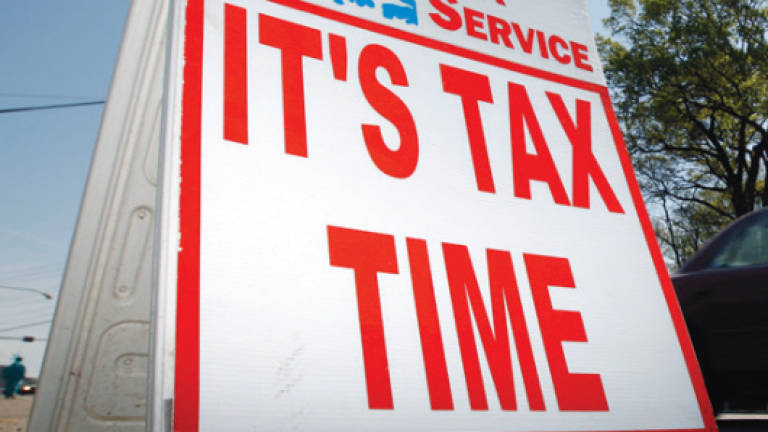Tourism industry players need more time to work out tourism tax details: Tax expert

KUALA LUMPUR: The tourism industry will need about six to 12 months to get ready for the proposed new Tourism Tax, given that the key operational and practical aspects of the tax have not been finalised including exemptions, said a tax expert.
Deloitte Malaysia Indirect Tax Partner, Senthuran Elalingam said early preparation, engagement and consultation were critical as implementing the tourism tax would give rise to extra costs to industry players especially accommodation providers.
If the cost could not be passed on to tourists, then it would be absorbed and borne by the operators.
"The tourism tax does not apply to just tourists, but applies to anyone who decides to stay in an accommodation premise in Malaysia, including Malaysian nationals and those travelling for business and other non-leisure purposes" .
"As of now, we do not have all the details, but we understand that the tax would only be on a per night basis and at a fixed rate depending on the star rating of the hotel.
"A guest at a five-star hotel would pay as much as RM20, a three-star hotel RM10, and an unrated hotel RM 2.50", Senthuran told Bernama.
There will be some exemptions, he said, depending on the types of accommodation, but as of now, they are still not yet known.
It is also unclear whether the tax will apply to Airbnb, the online marketplace and hospitality service that enables people to lease or rent short-term lodging including vacation rentals, apartment rentals, homestays, hostel beds, or hotel rooms.
The Tourism Tax bill, tabled by the Tourism and Culture Minister Datuk Seri Mohamed Nazri Abdul Aziz, was passed in Parliament on April 6, 2017.
The bill aims to provide the imposition and collection of tourism tax on visitors staying in tourist accommodations.
According to Senthuran, the Government intended to use the tourism tax collection as a fund for marketing and promotion activities for local tourism.
He said such taxes, also known as 'occupancy tax' in some other countries, were common in the United States and holiday destinations in Europe, normally as a city or tourist destination tax rather than country-wide.
Based on those implemented overseas, he pointed out the likelihood of exemptions for long-term stays, for example, five days or more.
"From the tax perspective, the tourism tax would mean extra costs for the operators in implementing and collecting the tax while from the consumers' perspective, it means they will be paying more depending on the types of accommodation they choose to stay in as the tax is a fixed amount and not a percentage of the total room rate.
Commenting on the difference between the Goods and Services Tax (GST) and the tourism tax, Senthuran said unlike GST which requires businesses to register when they reach the RM500,000 threshold, the tourism tax has no threshold, meaning all operators must collect the tax unless specifically exempted.
"From the business perspective, GST charges can be claimed by GST-registered businesses and is not a cost, but with the tourism tax, there is no credit for business expenses and so there is increased cost," he said.
He said under the law, the Director-General of the Royal Malaysian Customs Department has the power to prevent a person from leaving the country until they pay an outstanding tax and/or penalties.
"Penalties that can be imposed for non-compliance includes failing to register.
"If past experience with the GST is anything to go by, we expect that there will be some leniency shown for honest mistakes, but ignorance of law will not be accepted and failing to register for the tourism tax can result in a penalty of up to RM30,000," Senthuran pointed out.
Recently, the Malaysia Association of Hotels (MAH), Malaysian Association of Hotel Owners and Malaysia Budget Hotel Association said the tourism tax included in the bill was not conducive for business and would discourage tourists from staying longer as they would have to pay more.
MAH President, Cheah Swee Hee, said Malaysians would be affected for travel within the country, whether for leisure or business.
"This will burden the locals and affect the domestic tourism market especially for the locals who stay in hotels when they visit their children in higher learning institutions and relatives in hospitals," he said.
Cheah also said hotels had spent a lot of money to upgrade their operating systems to meet the needs of the GST in 2015 and with the proposed tourism tax, hoteliers would once again need to bear the cost to reconfigure their system. — Bernama